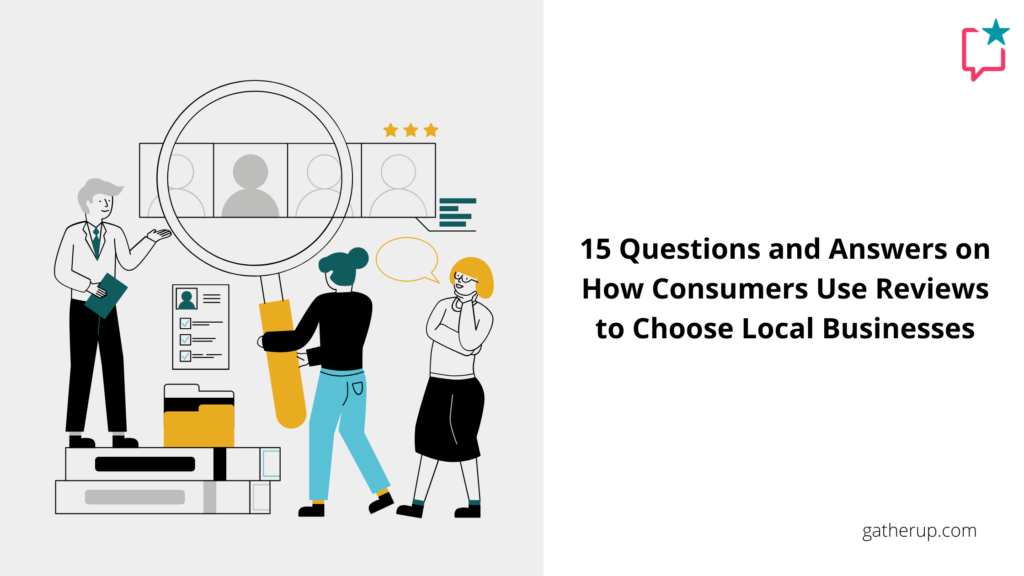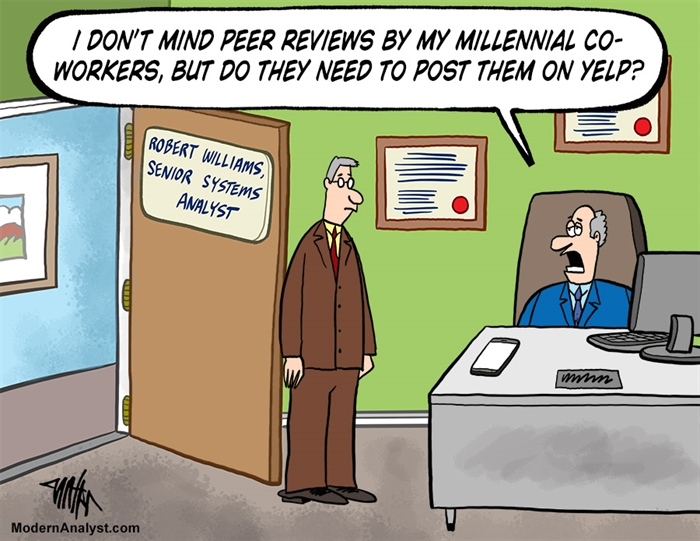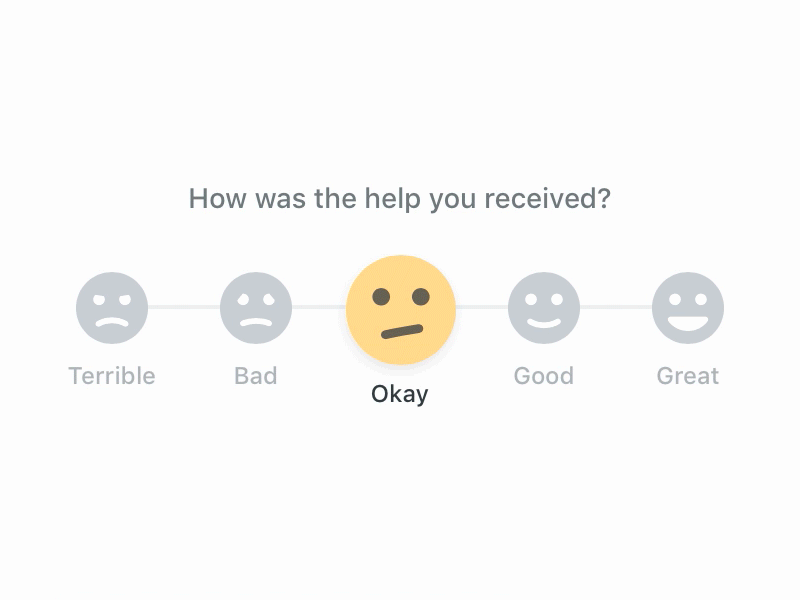
Ever found yourself scrolling through reviews before deciding where to eat, shop, or book a service? You’re not alone! Online reviews have become an essential part of how we choose local businesses. But just how much do people trust these reviews? And what role do they play in shaping our decisions?
Our latest research, Beyond the Stars: How American Consumers Use Reviews to Choose Local Businesses, dives into these questions and more. In this post, we break down the key insights in a Q&A format—helping businesses understand what matters most to consumers and how they can improve their online reputation.
1. How much do consumers trust online reviews?
📌 Answer: 85% of consumers trust online reviews to some extent when evaluating a local business. However, only 31% trust them as much as personal recommendations.
While online reviews are powerful, personal referrals still carry a lot of weight. This means businesses should focus on providing amazing service that not only generates great reviews but also word-of-mouth recommendations.

2. How often do consumers read online reviews before making a decision?
📌 Answer: 99% of consumers check reviews at least occasionally, with most relying on them regularly.
If almost everyone is checking reviews, it’s clear that businesses need a strong, positive online presence to stay competitive.
3. Do consumers trust online reviews as much as personal recommendations?
📌 Answer: Not quite. While online reviews are widely trusted, only 31% of consumers trust them as much as personal referrals.
This reinforces the idea that businesses need to go beyond just collecting reviews—they should also build personal relationships with customers to encourage word-of-mouth marketing.
4. Which platforms do consumers trust the most for local business reviews?
📌 Answer: Google takes the lead, with 67% of consumers trusting it most for local business reviews.
If you’re a business owner, make sure your Google Business Profile is updated, accurate, and filled with recent, high-quality reviews.

5. How important is the recency of reviews compared to star ratings?
📌 Answer: 67% of consumers prioritize recent reviews over overall star ratings.
A five-star rating from three years ago won’t help much—consumers want to see fresh, relevant feedback! Keeping reviews up-to-date should be a priority.
6. Are people spending more time reading reviews now than five years ago?
📌 Answer: Absolutely! 59% of consumers say they spend more time reading reviews now compared to five years ago.
People are doing more research before making decisions, which means businesses need to maintain a strong and active online reputation to stay competitive.
7. How do consumers view businesses that respond to reviews?
📌 Answer: 92% of consumers say responding to reviews is a sign of good customer service. Plus, 82% are more likely to choose a business that actively engages with customer feedback.
The takeaway? Responding to reviews—both good and bad—shows customers you care.
8. What do consumers think about AI-generated review responses?
📌 Answer: 60% of consumers lose trust in businesses that use AI to respond to reviews.
AI can be helpful, but nothing beats a thoughtful, personal response. Keep it real and authentic!
9. How do review warnings on business listings affect consumer trust?
📌 Answer: Only 14% of consumers would still consider a business with a review warning.
A flagged business listing can be a big red flag for potential customers. Maintaining ethical review practices and avoiding review manipulation is crucial.
10. Are consumers willing to give businesses a second chance after a bad experience?
📌 Answer: Yes! 73% of customers are willing to return if their concern is addressed through a business’s response.
This is why responding quickly and empathetically to negative reviews can make all the difference.
11. What are the best ways to ask for reviews?
📌 Answer: The most effective methods are:
- Email requests (54%)
- In-person at the time of service (47%)
Asking at the right time can significantly increase your chances of getting a review.
12. When should businesses ask for reviews?
📌 Answer: 66% of consumers prefer receiving a review request on the same day as their service experience.
The sooner you ask, the better! Strike while the experience is fresh in their mind.
13. What motivates consumers to leave positive reviews?
📌 Answer: Excellent service, friendly staff, and an easy review process encourage customers to leave positive feedback.
Make it simple for customers to share their experiences and show your appreciation when they do!
14. How do negative reviews influence consumer decisions?
📌 Answer: A lot. Consumers closely analyze negative reviews before deciding whether to avoid a business.
A few bad reviews aren’t the end of the world, but businesses need to respond well and fix recurring issues.

15. How do consumers use social media for reviews?
📌 Answer: Many consumers turn to Facebook and Instagram to find recommendations and share their experiences.
A strong social media presence can help reinforce positive reviews and attract new customers.
Final Thoughts: More Than Just Stars
Online reviews are a crucial part of how consumers decide where to spend their money. Businesses that proactively manage their reviews—encouraging fresh feedback, responding authentically, and engaging with customers—will have a major advantage.
If you want to dig deeper, check out the full study: Beyond the Stars: How American Consumers Use Reviews to Choose Local Businesses.
At the end of the day, it’s not just about getting five stars—it’s about building trust, fostering real connections, and creating great customer experiences. ⭐⭐⭐⭐⭐
